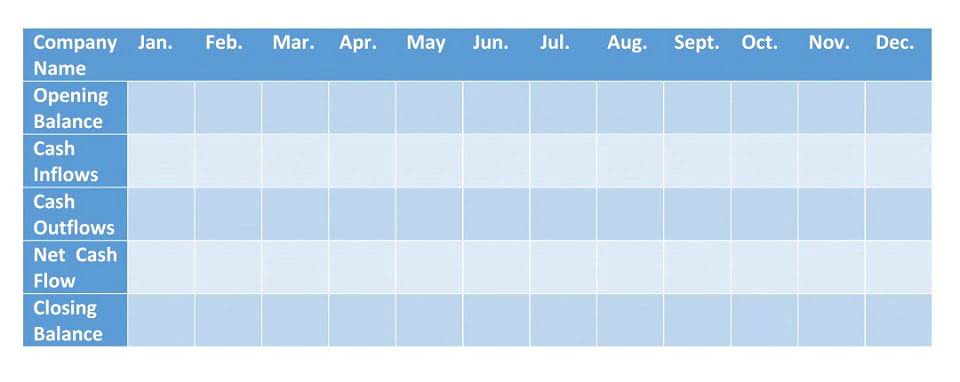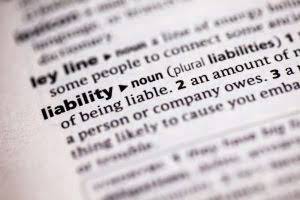
By issuing stock, companies can access a wide range of funding opportunities. They can attract institutional investors, such as mutual funds and pension funds, who are looking to invest in promising ventures. These investors bring not only capital but also expertise and industry connections that can further propel the company’s growth. Most serious angels and venture capital firms will insist on getting preferred stock in return for their investments. Most expect the founders to retain common stock because of the advantages that this investment vehicle provides.
Potential for Increased Investor Confidence
He holds licenses in Louisiana in one of the disadvantages of issuing stock is that life and health insurance and specializes in writing about financial topics. LeBrun holds a Bachelor of Science in finance from McNeese State University.
Pros and cons of issuing preferred stock
Common stock dividends get taxed as unearned income at the normal tax rate in the United States. That means you’ll pay the amount that’s based on your current bracket. Although that can be an advantage if your income is in the 10% or 12% range, most preferred stock gets taxed at the capital gains rate instead.

Advantages & Disadvantages of Issuing Stock or Long-Term Debt

Conversely, dilution of ownership and potential impact on stock prices can create uncertainty and reduce morale. Moreover, meeting financial reporting requirements can also improve corporate governance practices within the organization. It fosters accountability, transparency, and integrity, which are essential for building long-term relationships with investors and ensuring sustainable business growth. Balancing the need for capital with maintaining existing shareholders’ interests is critical in managing ownership dilution effectively.
Market Dependence and Volatility
A company can take out a loan however often they see fit, as long as they are willing and able to pay the money back. At Luxwisp.com, we believe in providing our readers with useful information and education on a multitude of topics. However, please note that the content provided on our website is for informational and educational purposes only, and should not be considered as professional financial or legal advice. If you require such advice, we recommend consulting a licensed financial or tax advisor. We work with entrepreneurs and enterprise leaders to deliver sharp, outcome-focused normal balance solutions to their most important challenges and their biggest opportunities – across every stage of growth. Jake LeBrun began writing professionally in 2010, with his work appearing on various websites and in his college newspaper.
- Unlike bonds, the stock shares are not debts of the corporation and don’t have to be repaid.
- Depending on the amount of their debt, they may be unable to because they have to pay out coupon payments or loan installments.
- On the flip side, issuing stock can dilute the ownership and control of existing shareholders.
- As already mentioned, common stocks often outperform bonds, deposit certificate and other types of investment products.
- Furthermore, issuing stock can also enhance the company’s credibility and reputation.
That means you won’t pay any taxes if you find yourself in the lower two tax brackets, and then it gets taxed at 15% for the higher ones. Even if you’re in the highest tax bracket, you still pay only 20% with a Medicare surcharge of 3.8%. Preferred stock combines features of debt that pay fixed dividends with the equity component that offers the potential to appreciate. That’s why it is an appealing option for an investor who seeks stability with their future cash flows. A https://www.bookstime.com/ company’s share price and investor confidence can be influenced by market conditions beyond its control.

Treasury Management
This article explores the pros and cons of issuing stock, shedding light on the impact it can have on a company’s valuation and financial health. In the world of business, it’s as if the decision to issue stock holds the power to both make and break a company. With advantages such as increased capital influx and potential investor confidence, it can be a game-changer. If an organization goes through a bankruptcy or liquidation event, then a preferred shareholder has a higher claim on any company assets then someone holding common stock. This advantage is quite enticing for the investor who has a low level of risk tolerance.
- If you need to reduce risk in your portfolio, then you must limit your investments accordingly to ensure that volatility doesn’t reduce your overall net worth.
- These payments reduce the net income for the corporation and thus the tax liability for the firm.
- It is important for existing shareholders to carefully consider the potential dilution of ownership and control before a company decides to issue additional stock.
- There may come a time when a company wants to invest in its business or purchase certain assets.
Preferred stock can also expose them to dilution risk, as you can issue more shares or convert preferred stock to common stock without their consent. Common stock is a type of equity that gives its holders a residual claim on the company’s earnings and assets after paying preferred stockholders and creditors. Common stockholders also have voting rights and can elect the board of directors and influence major corporate decisions. However, common stockholders do not have a fixed dividend payment and may receive nothing if the company does not generate enough profits. Common stockholders also bear the highest risk of losing their investment if the company goes bankrupt. Common stock can be classified into different classes, such as Class A and Class B, with different voting rights and dividend policies.
Shareholder Scrutiny

Overall, while issuing stock can have its benefits, companies should carefully weigh the disadvantages before deciding to go down this path. Companies have to incur expenses related to legal and regulatory compliance, such as drafting prospectuses and filing with the Securities and Exchange Commission. Moreover, the process of issuing stock often involves extensive due diligence, which can be time-consuming and divert management’s attention away from day-to-day operations.
